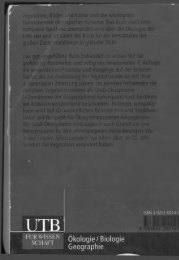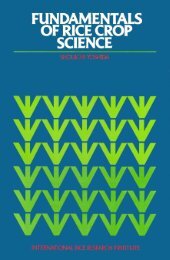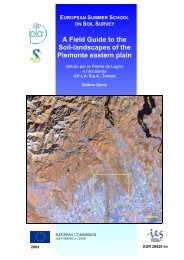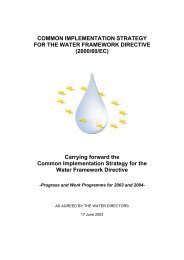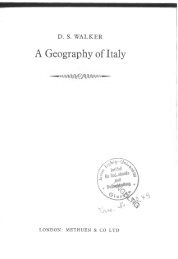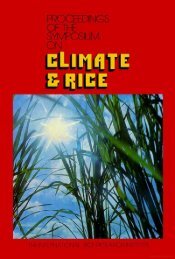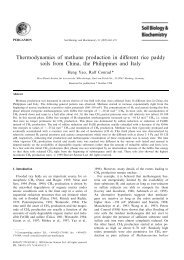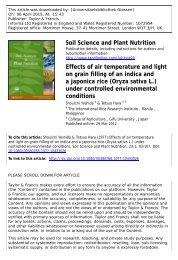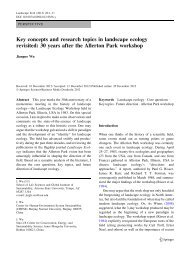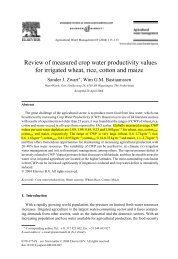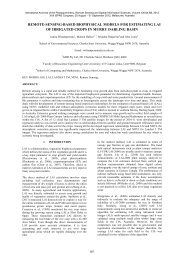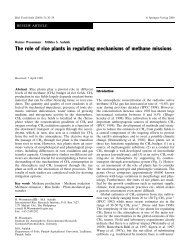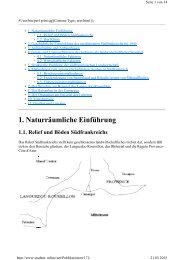Sustainability of European Irrigated Agriculture under Water Framework Directive and Agenda 2000
Sustainability of European Irrigated Agriculture under Water Framework Directive and Agenda 2000
Sustainability of European Irrigated Agriculture under Water Framework Directive and Agenda 2000
You also want an ePaper? Increase the reach of your titles
YUMPU automatically turns print PDFs into web optimized ePapers that Google loves.
2.<br />
OVERVIEW<br />
Berbel, J. 1 ; Gomez-Limon, JA. 2 y Viaggi, D. 3<br />
1 University <strong>of</strong> Cordova, Department <strong>of</strong> Agricultural Economics<br />
2 University <strong>of</strong> Valladolid, Department <strong>of</strong> Agricultural Economics<br />
3 University <strong>of</strong> Bologna, Department <strong>of</strong> Agricultural Economics<br />
1. BACKGROUND<br />
Economics is the science that deals with limited resources that are capable <strong>of</strong> being used to<br />
satisfy human needs, <strong>and</strong> classical economics stressed the power <strong>of</strong> the market both to<br />
stimulate growth <strong>and</strong> serve the interests <strong>of</strong> society as a whole. In the 1950s, government<br />
intervention was justified when markets failed, <strong>and</strong> most policy models were based upon<br />
general equilibrium models in which policy makers control market variables such as prices,<br />
quotas, import-export levies, etc. as was the case in most OECD member countries <strong>and</strong><br />
especially in the <strong>European</strong> Union’s Common Agricultural Policy (CAP).<br />
Agricultural economics emerged as a field <strong>of</strong> applied economics that dealt with agricultural<br />
production, the transformation <strong>of</strong> food <strong>and</strong> fibre <strong>and</strong> their consumption. The practice <strong>of</strong><br />
agricultural economics has maintained a distinct operational quantitative flavour <strong>and</strong> it has<br />
focused on practical problems such as decision-making processes (farms, companies,<br />
consumers), but decision-support models continued to be based upon general equilibrium<br />
models in which policy-makers control market variables, <strong>and</strong> this was the main tool used by<br />
policy-makers.<br />
The general development <strong>of</strong> society (economic, social, technological) has changed policy<br />
priorities. As a result, in this changing academic <strong>and</strong> policy environment old simulation tools<br />
based upon market equilibrium models became only a partial solution, particularly when nonmarket<br />
variables <strong>and</strong> ecological impacts appear to be at the top <strong>of</strong> the agenda. For this reason,<br />
databases such as FADN need to be updated with new variables <strong>and</strong> methodologies if they are<br />
to be able to capture interactions between farming <strong>and</strong> the environment.<br />
11



